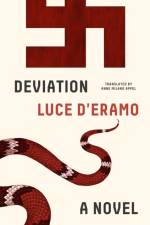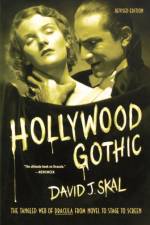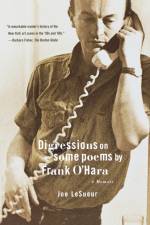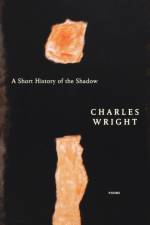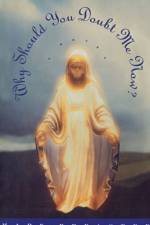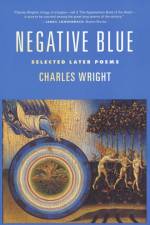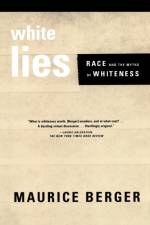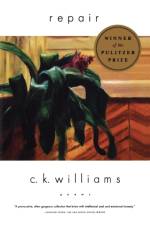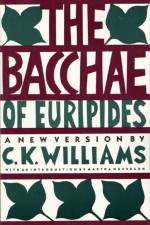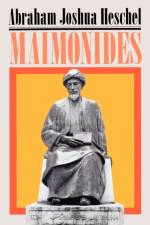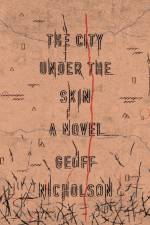- A Memoir
av Joe LeSueur
267
An unprecedented eyewitness account of the New York School, as seen between the lines of O'Hara's poetryJoe LeSueur lived with Frank O'Hara from 1955 until 1965, the years when O'Hara wrote his greatest poems, including "e;To the Film Industry in Crisis,"e; "e;In Memory of My Feelings,"e; "e;Having a Coke with You,"e; and the famous Lunch Poems-so called because O'Hara wrote them during his lunch break at the Museum of Modern Art, where he worked as a curator. (The artists he championed include Jackson Pollock, Joseph Cornell, Grace Hartigan, Jane Freilicher, Joan Mitchell, and Robert Rauschenberg.) The flowering of O'Hara's talent, cut short by a fatal car accident in 1966, produced some of the most exuberant, truly celebratory lyrics of the twentieth century. And it produced America's greatest poet of city life since Whitman.Alternating between O'Hara's poems and LeSueur's memory of the circumstances that inspired them, Digressions on Some Poems by Frank O'Hara is a literary commentary like no other-an affectionate, no-holds-barred memoir of O'Hara and the New York that animated his work: friends, lovers, movies, paintings, streets, apartments, music, parties, and pickups. This volume, which includes many of O'Hara's best-loved poems, is the most intimate, true-to-life portrait we will ever have of this quintessential American figure and his now legendary times.

